Grand Hotel dei Dogi review: Venice
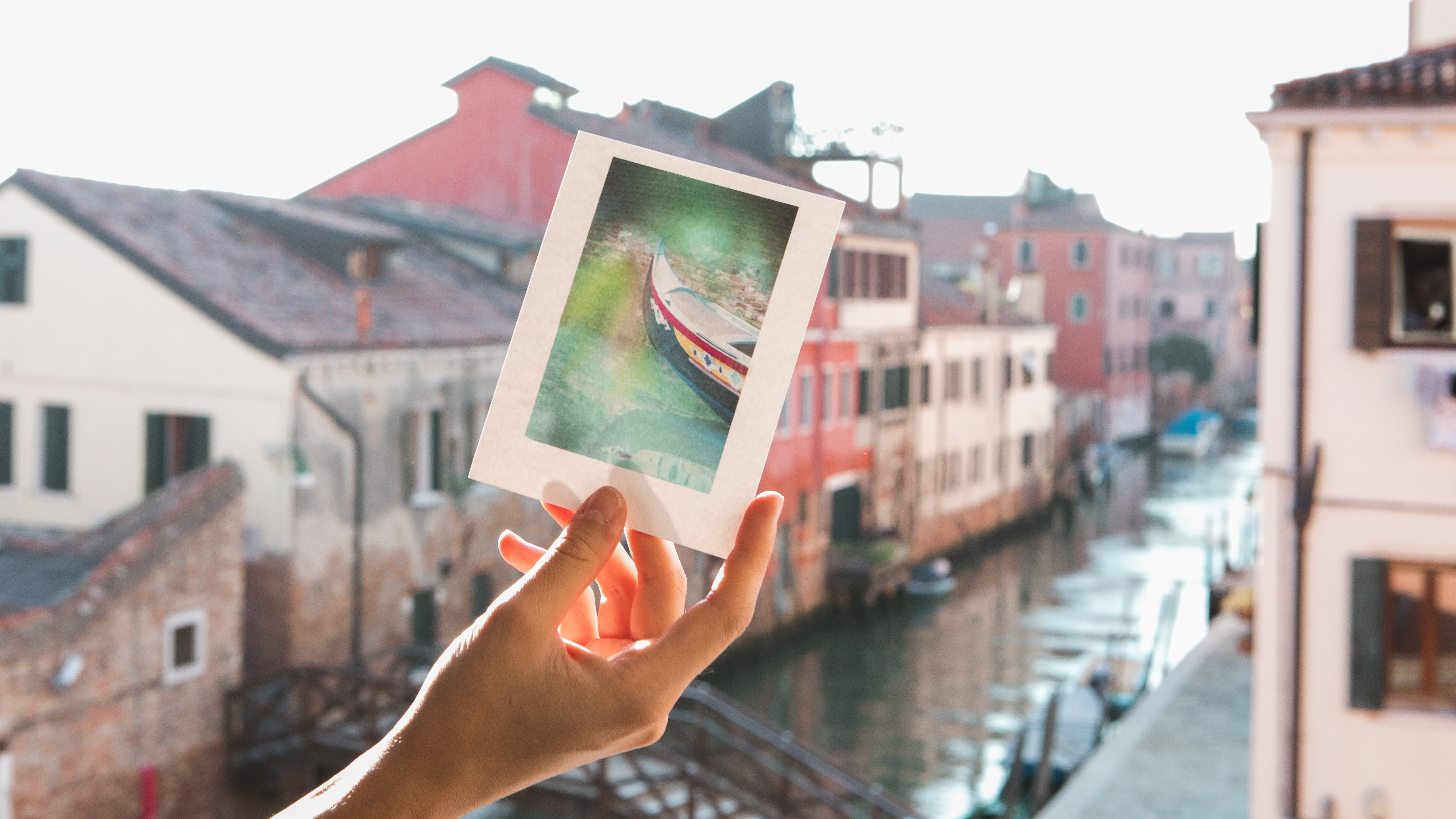
A free daily email with the biggest news stories of the day – and the best features from TheWeek.com
You are now subscribed
Your newsletter sign-up was successful
Looking at the recent $30bn valuation of Airbnb, it might seem a funny time to launch a new hotel chain. But as many an obstinate hotelier will tell you; they do cater for a slightly different market. Luxury hotels in particular haven’t had too much to worry about. Theirs aren’t the type of clientele to jump ship for the sake of fifty quid. Still, such ubiquitous competition has forced even the most established hotels to up their game.
The Dedica Anthology is one of the new “disruptive” kids on the block; a luxury hotel brand, headquartered in Milan, with a portfolio of seven spectacular hotels (mostly former palaces) in as many European cities. These include Florence, Budapest, Prague, and next in line, Nice. It’s determined to mix things up with a new form of “curated, contemporary hotellerie”.
“I don’t believe that we should be constrained by traditional ways of doing things,” says Stephen Alden, the brand’s CEO, previously CEO of The Maybourne Hotel Group and The Set. “It’s about understanding our guests’ intentions when they travel, and responding to those with an open mind. I’ve coined the term ‘hotelcraft’ to describe the blend of skill, flair and obsession with detail, that we need to achieve this.”
The Week
Escape your echo chamber. Get the facts behind the news, plus analysis from multiple perspectives.

Sign up for The Week's Free Newsletters
From our morning news briefing to a weekly Good News Newsletter, get the best of The Week delivered directly to your inbox.
From our morning news briefing to a weekly Good News Newsletter, get the best of The Week delivered directly to your inbox.
Nowhere is this more evident than at the group’s Venice outpost, Grand Hotel Dei Dogi, a 16th-century palace in the city’s charming Cannaregio district. It breaks my heart slightly to talk of a mixologists’ “skill and flair”, but in the case of Dei Dogi’s head barman, Alessandro Cara, few words are more apt.
Really, he’s your first impression of the hotel. On arrival by vaporetto (water taxi), slick bellboys relieve you of your luggage and you’re ushered under a succession of worryingly large Murano-glass chandeliers into La Voga Bar, where Cara proceeds to charm the pants off anyone in earshot, while preparing exquisite cocktails to your exacting tastes.
As well as tailoring your own cocktail, it’s also worth trying the hotel’s signature Lady Rose made with verbena, orange blossom, mint herbal tea, homemade rose syrup, and filled up with yellow Moscato. In other words, Alessandro is the perfect welcome.

As for “obsession with detail”, it’s everywhere. Take the garden’s roses for example. Alden is in the process of tracing and replanting the 150 varietals that were a feature of the palace’s original botanical garden (still the largest of its kind in Venice) in 1717. This obsessive approach to honouring the heritage of the property is present throughout.
A free daily email with the biggest news stories of the day – and the best features from TheWeek.com
“To me it’s about creating that sense of a social club where you can discover and be part of a vibrant atmosphere full of its own rituals,” says Alden. “I’ve often said that the atmosphere in a hotel lobby is defined by who is sitting there. It’s the people who make the place.”
During our visit, the lobby was populated mostly by handsome Italians and important-looking Americans, young and old, usually awaiting a shuttle to the film festival (the hotel also provides a complimentary 20-minute shuttle to St Mark’s Square) – basically, the type of people you’d do well to know a few more of.
Upstairs, overlooking the waterways and gardens, the hotel’s boutique collection of rooms and suites have more than a whiff of Mario Puzo’s Godfather-glam. Milanese architect Patrizia Quartero has tempered the original frescos and antique artworks with sleek marble bathrooms, more monumental chandeliers and one or two thoughtful touches. You’re unlikely to get Aqua di Parma toiletries, for example, in an Airbnb – or a bottle of birthday bubbly for that matter.
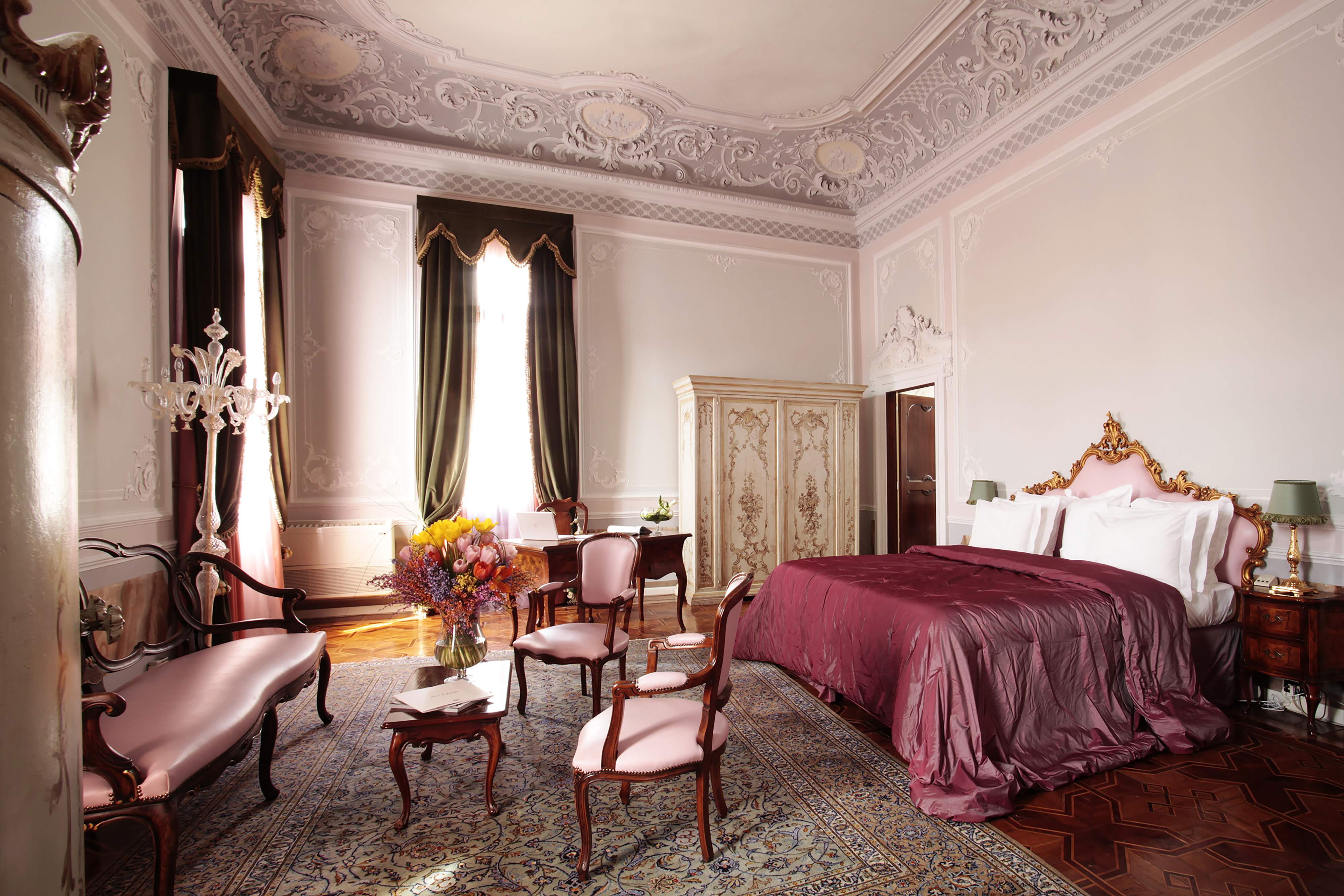
In the group’s other hotels, Alden sought the help of acclaimed interior designers David Collins Studio and Guy Oliver, among others, to “bring past and present effortlessly together”.
“The property [Grand Hotel Dei Dogi] was inherited by the noble Rizzo family, who died out in 1833, and was later a monastery, the embassies of France and Savoy, and then a convent,” says Alden. “So you have this history, but at the same time we have a thoroughly modern attitude to life, with fun rituals like picnics in the garden and our own take on a traditional tiramisu, made with rose petals.”
Which brings us nicely onto the group’s culinary offering. At Grand Hotel Dei Dogi, Il Giardino Segreto serves breakfast (until late), and dinner; the former with as many Bellinis as you can stomach. The restaurant transitions beautifully from inside to out, but the best tables can be found on the patio next to the garden. During our stay, Puglia-born Head Chef Umberto Ungaro was treating guests to a special truffle menu, which saw dishes laced with shavings of the nonpareil Alba white.
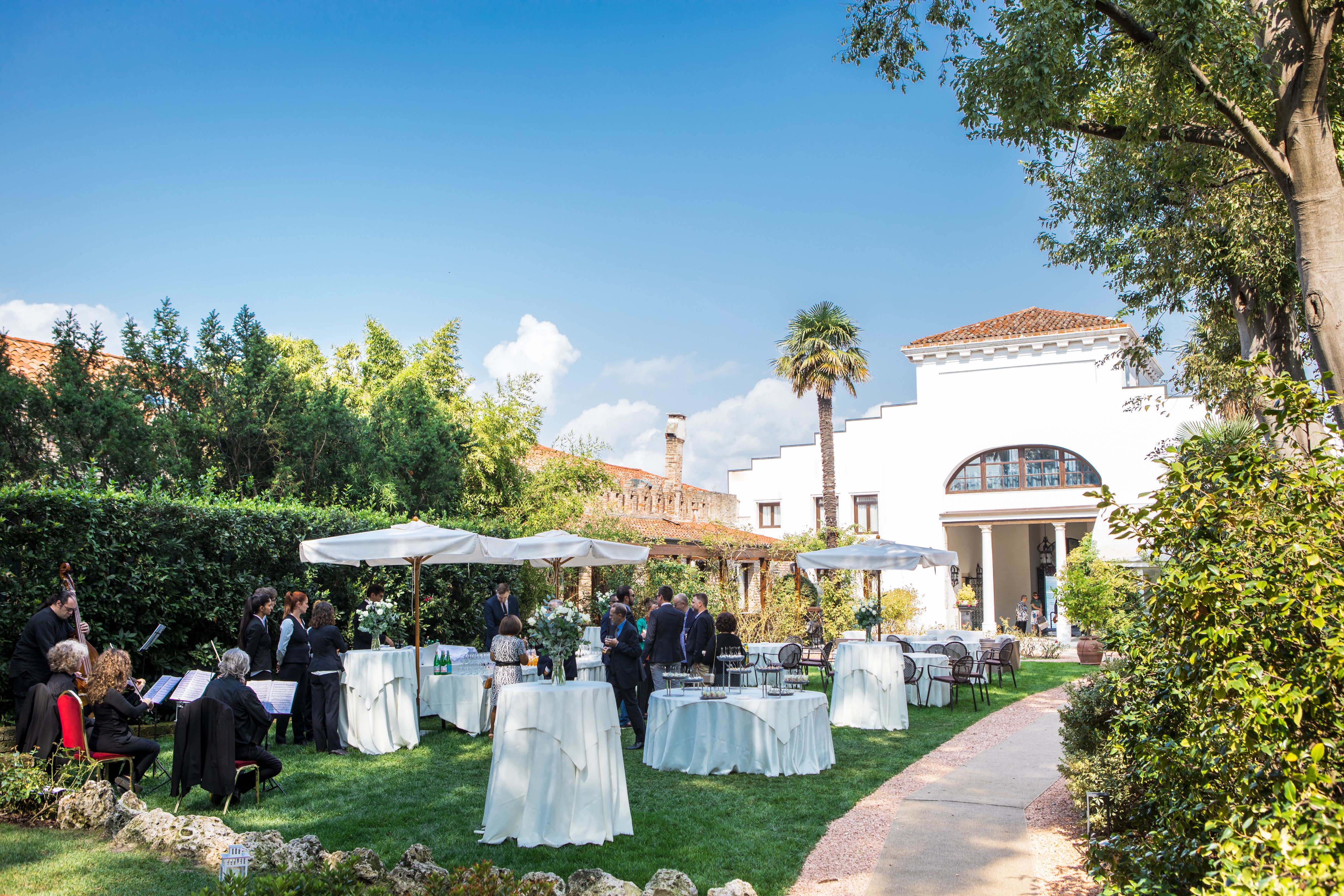
This, we’re told, was in keeping with the group’s attempts to tell a city’s story through its food. Meanwhile, the traditional menu offers local seafood delicacies such as sweet and sour sardines, black cuttlefish ragout, and a hearty brandade of salt cod. Our waiter even managed to give the ever-genial bartender a run for his money.
It’s not as though Alden and The Dedica Anthology have torn up the hospitality rule book, but what they are doing – “creating hotels with intriguing stories that are immersed in the soul and spirit of their locations” – they seem to be doing with the zeal of business that wants to be mentioned in the same breath as some of the world’s leading luxury hotels.
They have a clearly stated goal in mind and, as a result, they are certainly not worrying about Airbnb.
The Dedica Anthology (https://www.dahotels.com/, 800 8099 8099) offers rooms at Grand Hotel dei Dogi from €150 (£128) per night based on two people sharing a double room with breakfast.
-
 Local elections 2026: where are they and who is expected to win?
Local elections 2026: where are they and who is expected to win?The Explainer Labour is braced for heavy losses and U-turn on postponing some council elections hasn’t helped the party’s prospects
-
 6 of the world’s most accessible destinations
6 of the world’s most accessible destinationsThe Week Recommends Experience all of Berlin, Singapore and Sydney
-
 How the FCC’s ‘equal time’ rule works
How the FCC’s ‘equal time’ rule worksIn the Spotlight The law is at the heart of the Colbert-CBS conflict
-
 A dreamy long weekend on the Amalfi Coast
A dreamy long weekend on the Amalfi CoastThe Week Recommends History, pasta, scenic views – this sun-drenched stretch of Italy’s southern coast has it all
-
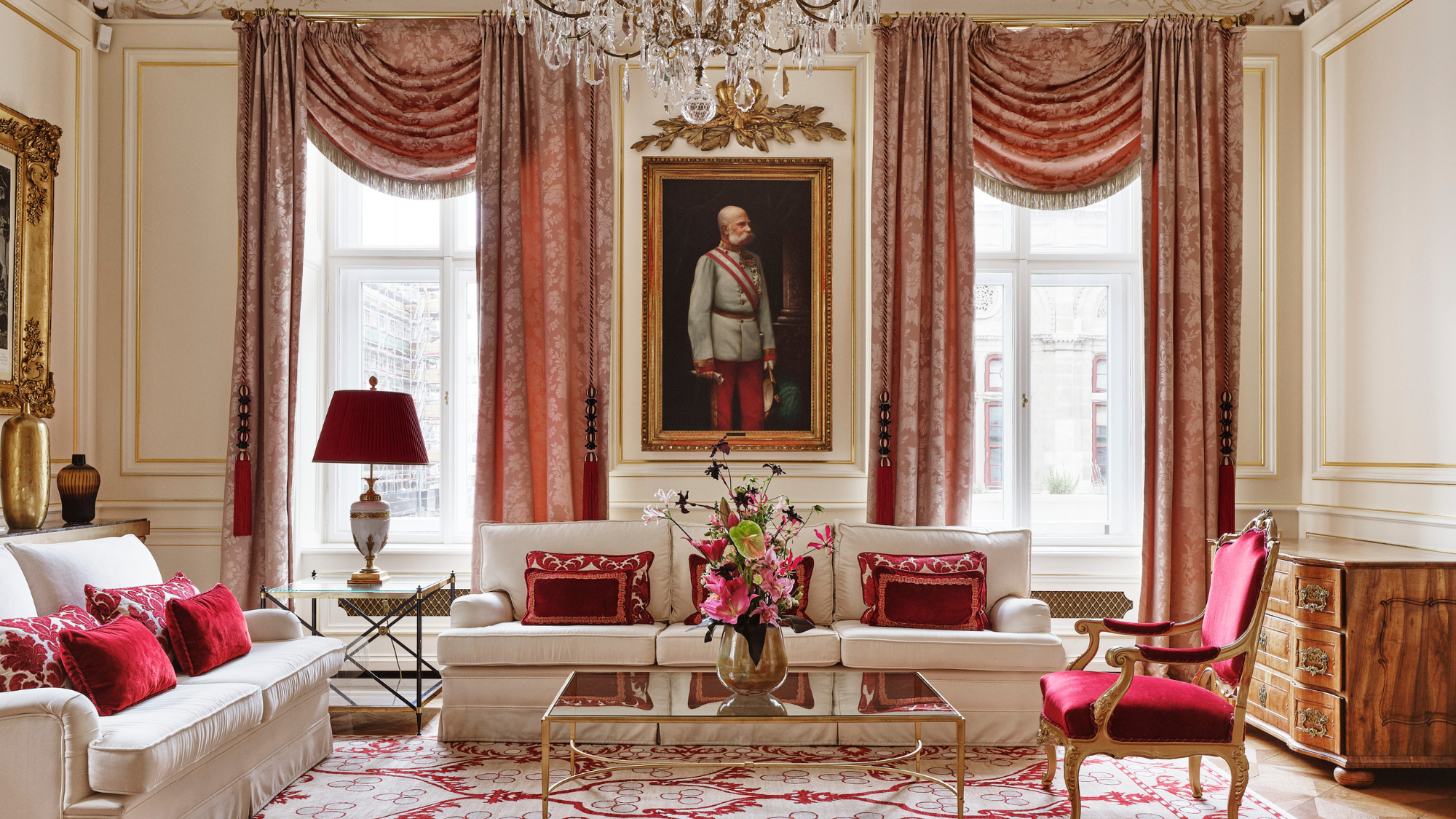 Hotel Sacher Wien: Vienna’s grandest hotel is fit for royalty
Hotel Sacher Wien: Vienna’s grandest hotel is fit for royaltyThe Week Recommends The five-star birthplace of the famous Sachertorte chocolate cake is celebrating its 150th anniversary
-
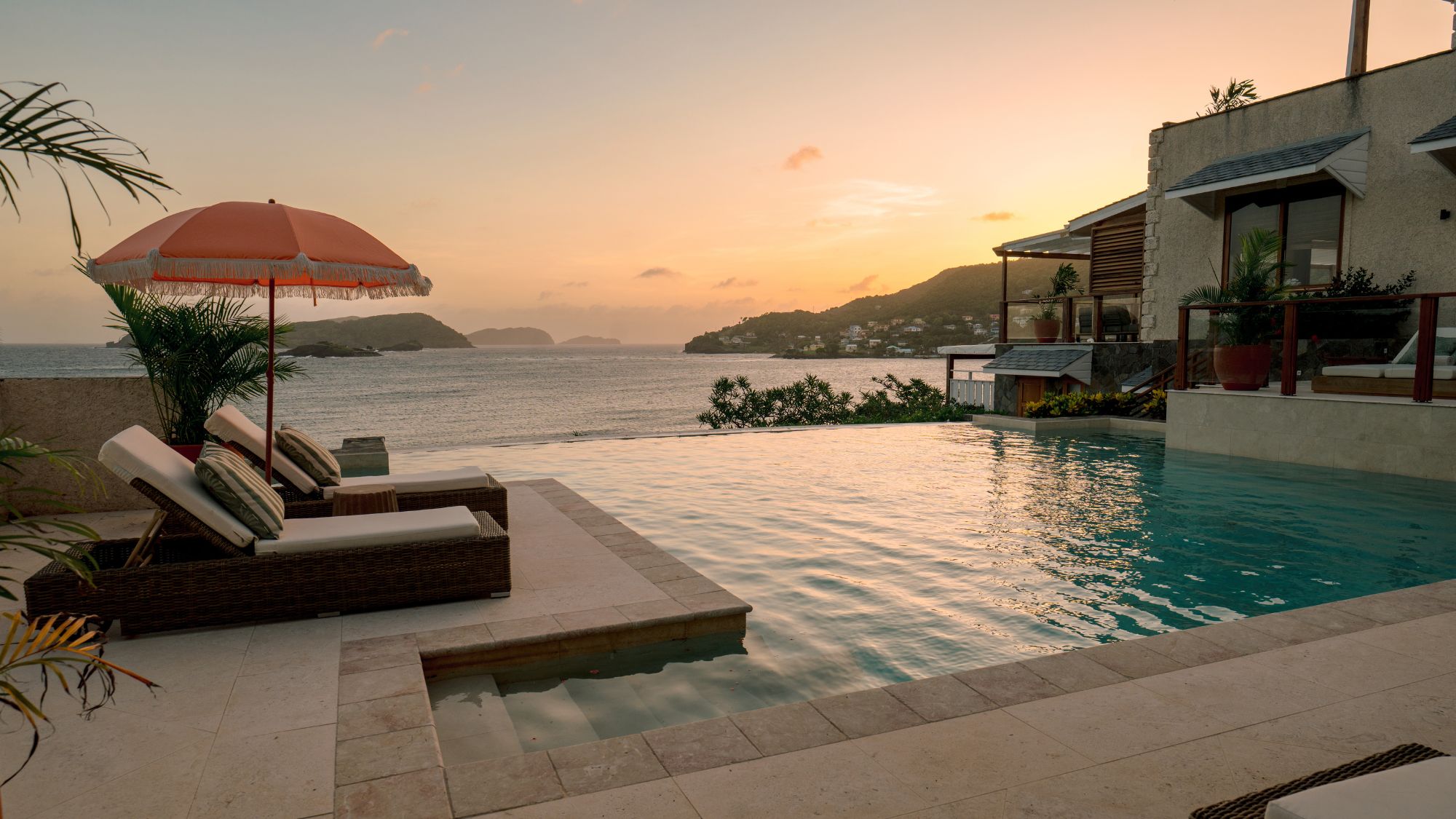 Rock Villa, Bequia: a hidden villa on an island epitomising Caribbean bliss
Rock Villa, Bequia: a hidden villa on an island epitomising Caribbean blissThe Week Recommends This gorgeous property is the perfect setting to do absolutely nothing – and that’s the best part
-
 Villa Treville Positano: a glamorous sanctuary on the Amalfi Coast
Villa Treville Positano: a glamorous sanctuary on the Amalfi CoastThe Week Recommends Franco Zeffirelli’s former private estate is now one of Italy’s most exclusive hotels
-
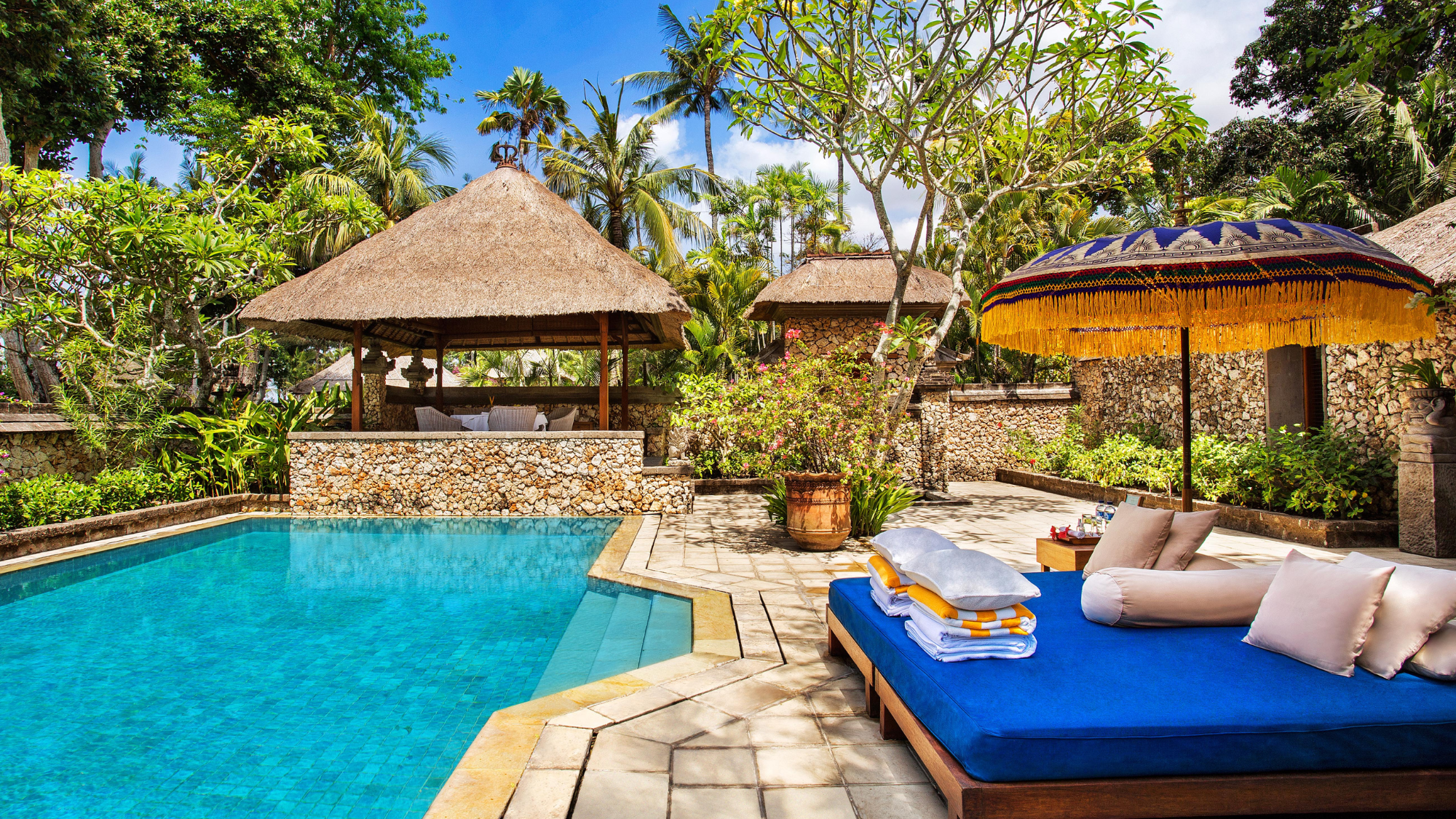 The Oberoi Beach Resort, Bali: a calm retreat in the heart of Seminyak
The Oberoi Beach Resort, Bali: a calm retreat in the heart of SeminyakThe Week Recommends Tradition meets modernity at this serene beachfront resort
-
 Six sensational hotels to discover in 2026
Six sensational hotels to discover in 2026The Week Recommends From a rainforest lodge to a fashionable address in Manhattan – here are six hotels that travel journalists recommend for this year
-
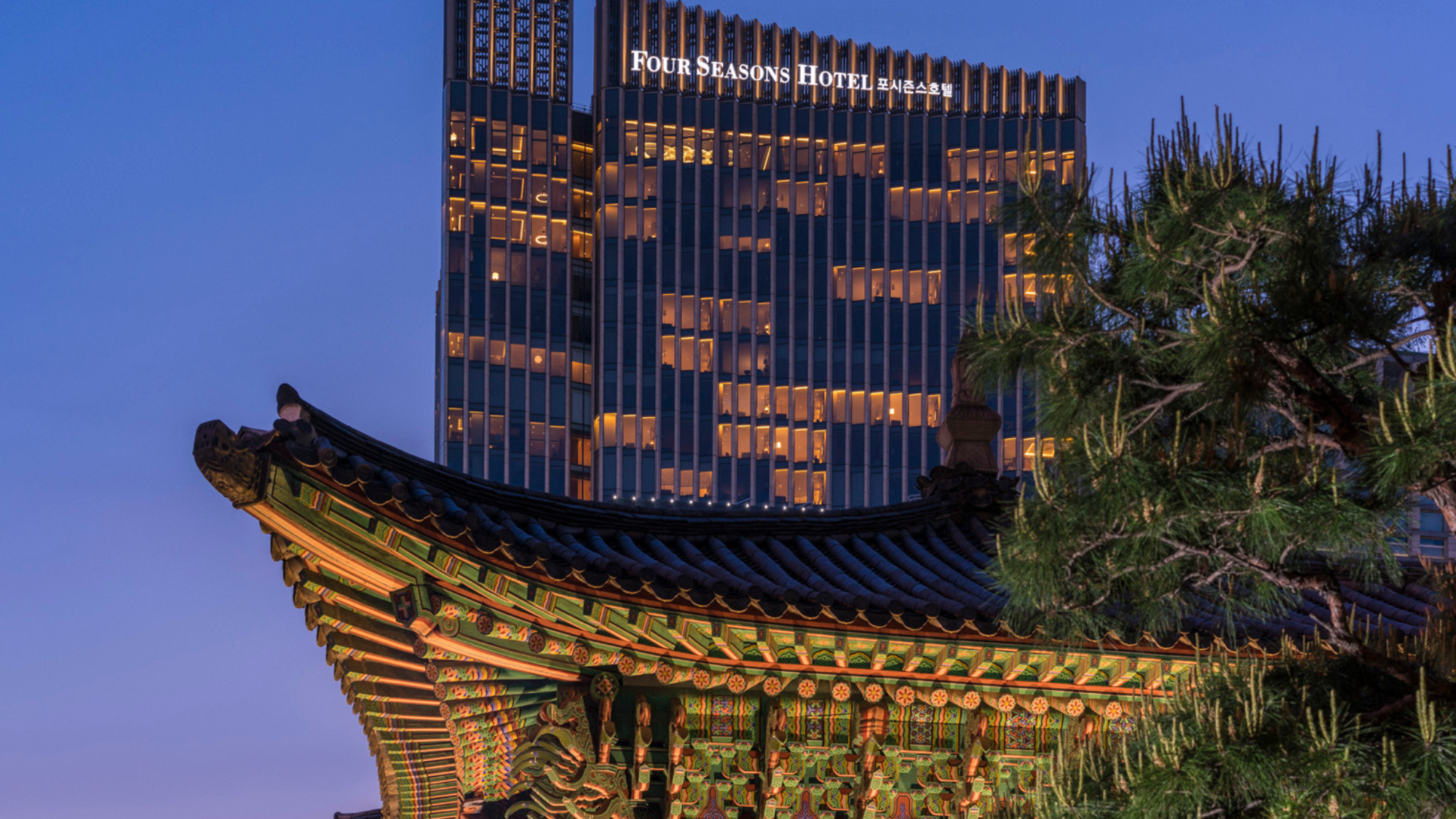 Four Seasons Seoul: a fascinating blend of old and new in South Korea
Four Seasons Seoul: a fascinating blend of old and new in South KoreaThe Week Recommends Located right in the heart of the action, this classy hotel is the perfect base to explore the capital
-
 Upper House Hong Kong: a serene sanctuary in the bustle of the city
Upper House Hong Kong: a serene sanctuary in the bustle of the cityThe Week Recommends Panoramic harbour views and super-stylish interiors elevate this luxury hotel to another level